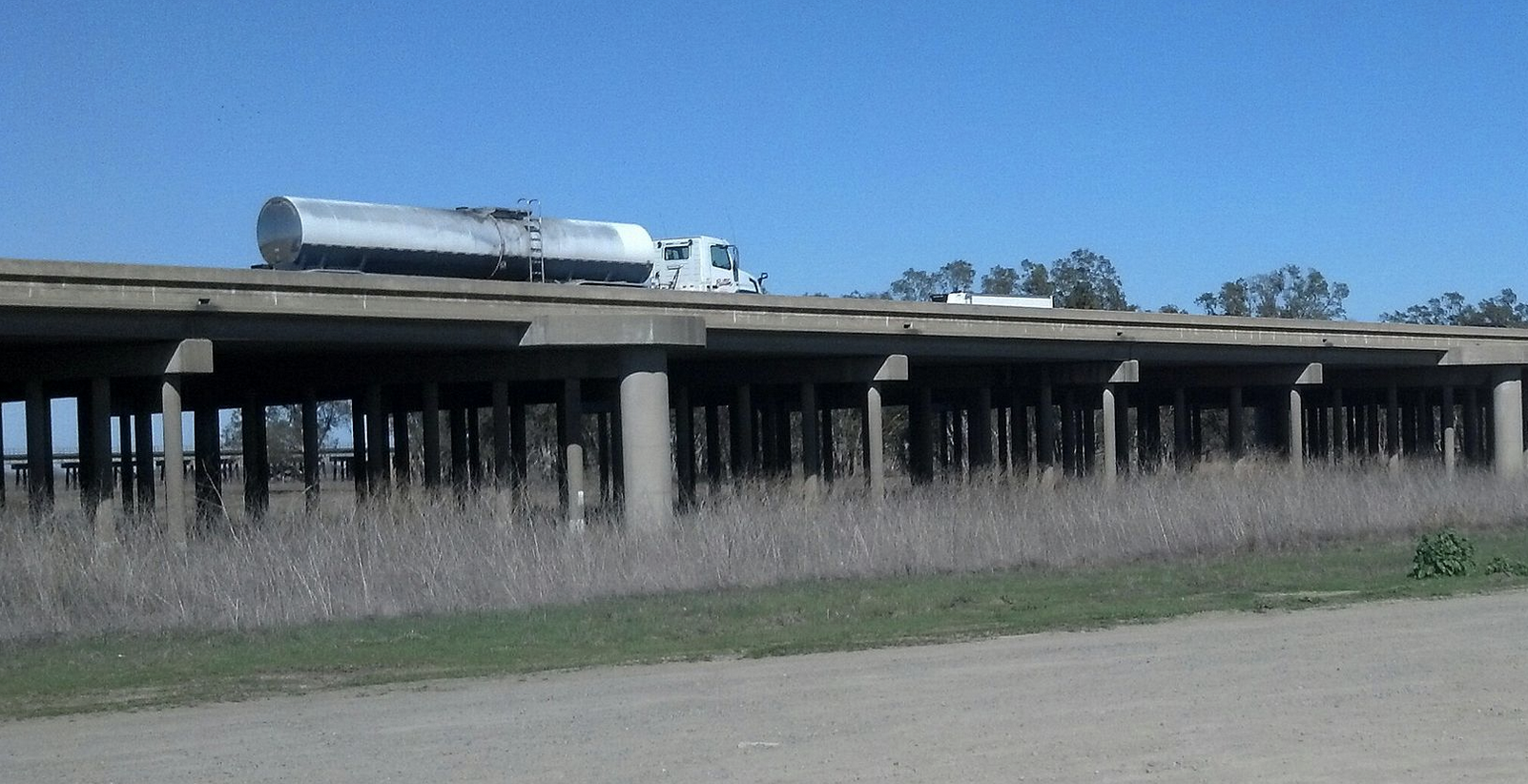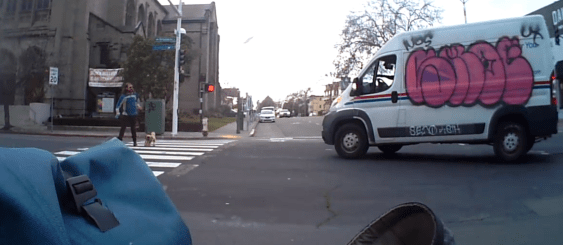A state judge issued a scathing opinion about the value of road widenings in general and, a Caltrans sponsored widening in Yolo County in particular, before relenting that the agency can move forward.
Last year, a coalition of environmental groups sued Caltrans over a project that will add 17 lane miles (roughly eight and a half miles in each direction) in Yolo County between Davis and Sacramento and some additional work done to the Capitol Freeway. The environmental groups claimed the state “segmented” the project, meaning they took a large project and broke it down to several smaller projects to avoid certain environmental reviews.
While Alameda Superior Court Judge Michael M. Markman took a dim view on the value of the project in his ruling issued last week, he ultimately decided that the state’s review of the project met the requirements of state law.
The project is one of the first large ones to be challenged under a state law created in 2014 that requires Caltrans to account for vehicle miles traveled and the damage those miles do to the environment when planning road expansion. Caltrans has tried to walk back that law, claiming that the term “vehicle miles traveled” doesn’t apply to freight traffic being one of the boldest claims.
The other way of evading this law, and attempting to meet the state’s climate goals, is by taking large projects and pretending they are just a series of unconnected smaller projects. Litigants believed that this case was winnable because Caltrans itself had admitted that the roadway widening that’s currently under construction was connected to roadwork that was completed months before this project began.
The Sacramento Bee examined the grant applications for this project that Caltrans submitted to the state’s California Transportation Commission (CTC) in recent years. In a 2022 application, Caltrans linked the two projects in the area in all but name. They referenced funding received for a repaving project on the I-80 as a reason to fund the current widening. The CTC approved funding for the widening last year after Caltrans showed that a federal grant for the project would expire if they didn’t start construction quickly.
One month later, the Natural Resources Defense Council, the Planning and Conservation League, and the Center for Biological Diversity filed suit against the project. A separate suit was filed by the Sierra Club, although the cases were later combined.
Streetsblog explained at the time, “The first project is using S.B. 1 highway maintenance funds to strengthen the roadbed along the causeway between Davis and Sacramento. Because Caltrans is calling it a "maintenance" project, no environmental review was conducted. But the second part of the project will take advantage of that new roadbed to restripe the highway with a new lane, expanding capacity.”
The lawsuit also charged that the widening will induce more traffic and thus will fail to “reduce congestion,” which is the stated goal of the widening.
In his legal opinion, Markman noted the likely impact of induced demand and predicted there would be no long-term traffic congestion relief.
However, Markman noted that neither Caltrans nor the litigants argued that there wouldn’t be short term traffic relief. In fact, induced demand predicts short-term relief that spurs other drivers to use the new lanes leading to them filling back up again.
This is a frustrating ruling, Caltrans admits the project will increase VMT (and greenhouse gas emissions) in the long-term in the environmental documents submitted to the CTC. Caltrans combined two projects into one at the start of the decade and didn’t do a full environmental study as a result. The judge notes that the project has no long-term benefits and yet the project is still moving forward.
When the suits were first filed, Melanie Curry wrote in Streetsblog, “California has to stop expanding highways if it's going to meet its own climate mandates. But regardless of opinion on that score, these projects show that for Caltrans, the practice of not adequately accounting for the impacts of its projects will continue.”






